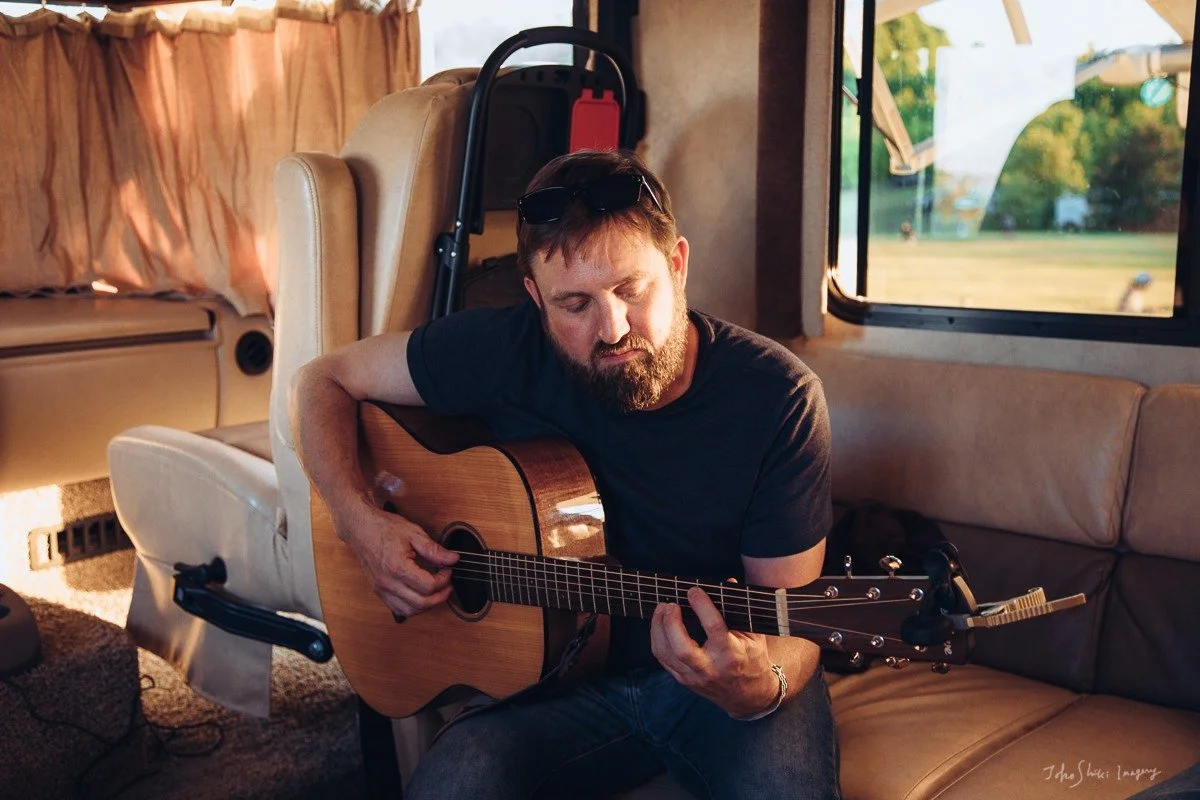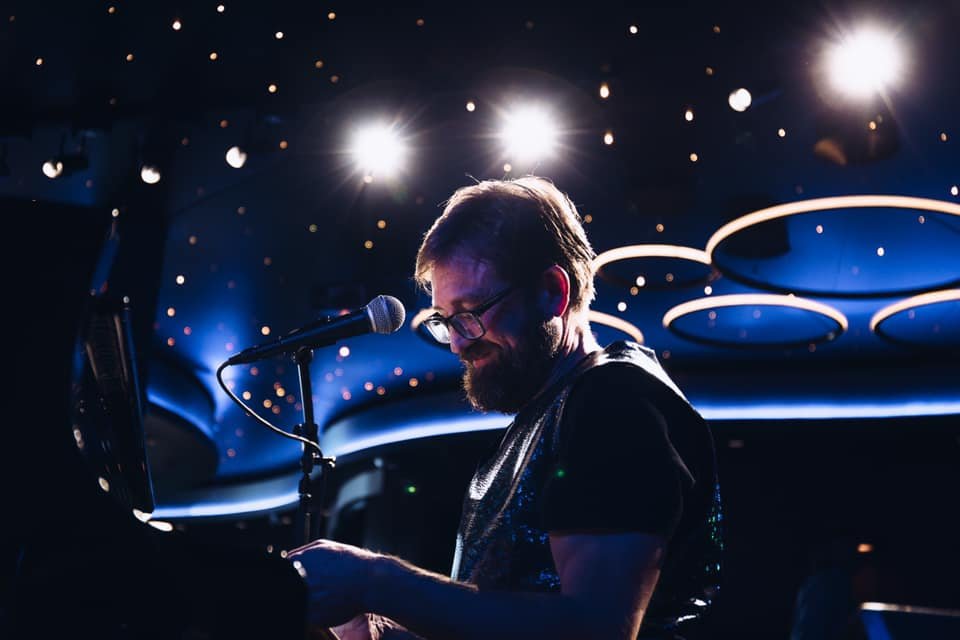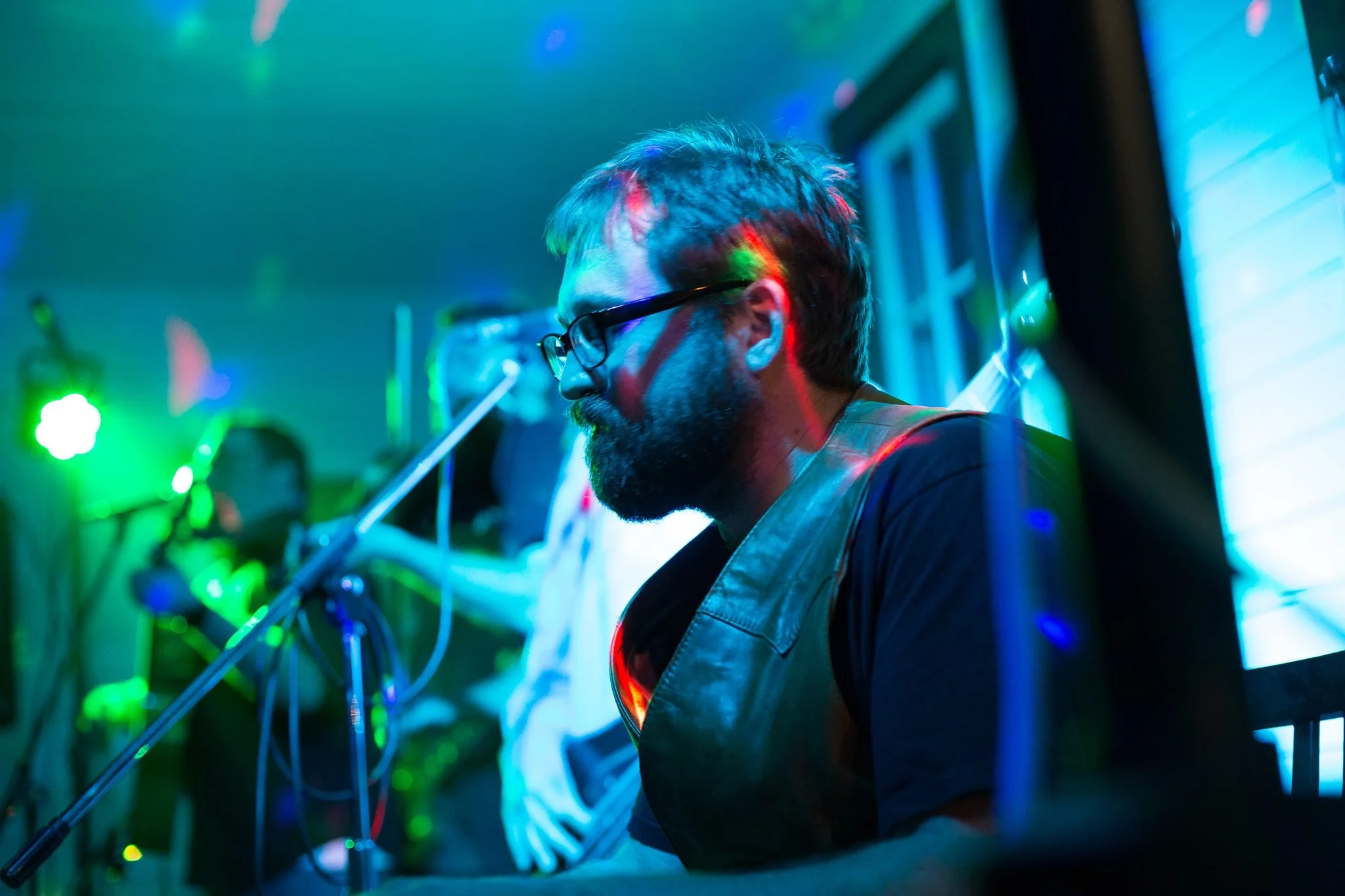Services
Music therapists undergo training in various domains that equip them with the necessary skills to evaluate, treat, and assess individuals from diverse backgrounds, age groups, and with varying requirements. To achieve specific objectives within music therapy sessions, these professionals devise interventions falling into four primary categories: receptive, re-creation, improvisation, and composition/songwriting. These distinct methods, combined with the customization of goals for each individual, set music therapists apart and distinguish them from other disciplines in the realm of music.
Tailored to the unique needs of individuals or groups, a music therapist decides which intervention approach would be most suitable. Presented below is an all-encompassing overview of the four different methods, along with the underlying rationale for their application.
Services Offered:
MT for early childhood, speech and language
MT for Autism Spectrum Disorder
MT for Parkinson’s Disease
MT for Neurological impairments
MT for Personal exploration
Guided Imagery and Music
Community Music Therapy
Group Music Therapy
Group music therapy aims to foster personal growth and social interaction among participants. Clients take part in improvised or composed musical activities that are designed to target specific therapeutic goals. Jesse tailors each musical experience to encourage active participation and involvement, urging every individual to contribute fully. The collaborative efforts of two therapists promote and support the engagement of clients, maximizing the developmental benefits for each member of the group. Creating music together helps cultivate a sense of belonging and mutual support among the group members.
Performances
Group music therapy aims to foster personal growth and social interaction among participants. Clients take part in improvised or composed musical activities that are designed to target specific therapeutic goals. Jesse tailors each musical experience to encourage active participation and involvement, urging every individual to contribute fully. The collaborative efforts of two therapists promote and support the engagement of clients, maximizing the developmental benefits for each member of the group. Creating music together helps cultivate a sense of belonging and mutual support among the group members.
Types of interventions include:
Compositional music therapy.
Improvisation music therapy.
Receptive music therapy.
Re-creative music therapy.
Individual Music Therapy
Individual music therapy involves the use of vocal and instrumental improvisation to facilitate communication between the therapist and the client. As the therapy progresses, clients enhance their ability to express themselves spontaneously and engage in musical interactions. Depending on the specific needs of the client, this therapeutic approach can address various issues such as regulating emotions, discovering personal strengths, and nurturing resilience.
Music Lessons
Group music therapy aims to foster personal growth and social interaction among participants. Clients take part in improvised or composed musical activities that are designed to target specific therapeutic goals. Jesse tailors each musical experience to encourage active participation and involvement, urging every individual to contribute fully. The collaborative efforts of two therapists promote and support the engagement of clients, maximizing the developmental benefits for each member of the group. Creating music together helps cultivate a sense of belonging and mutual support among the group members.
Receptive
This technique involves the individual listening to music and reacting to the experience in a silent, verbal, or alternative modality (e.g., art, dance). The music utilized can be live or pre-recorded. Various forms of receptive strategies encompass music-facilitated relaxation and the amalgamation of music with imagery.
The goals span several areas, including:
Fostering stimulation or relaxation
Aiding memory or recollection
Enhancing auditory capabilities
Improving mood and alleviating anxiety
Receptive interventions prove suitable when a client prefers a nonverbal approach or passive involvement through listening.
Composition/Songwriting
Here, the therapist aids the client in crafting their own music or lyrics. These creations may be recorded or performed subsequently. Objectives achieved through composition or songwriting may encompass:
Validating experiences or engaging in legacy work
Externalizing thoughts or emotions
Encouraging an alternative form of expression
Nurturing creativity
This approach suits diverse populations, contingent on the individual's needs, and presents an exciting avenue to explore during sessions.
Re-creation
Centered on music, this approach encourages the client to engage by singing or playing along with a pre-composed song, aligning with specific goals. Re-creation might encompass singing known or novel songs or playing different instruments based on the client's abilities and aims. This offers an enjoyable and interactive method to attain goals through musical expression, which might include:
Strengthening motor skills (gross/fine)
Encouraging social interaction and turn-taking
Promoting one-sided body movement
Nurturing self-expression through playing instruments or singing
Re-creation interventions find relevance across various groups, such as children with developmental delays, individuals with acquired brain injuries, or seniors dealing with Dementia.
Improvisation: This technique revolves around spontaneous music creation using simple instruments, body percussion, or the voice. The therapist must listen, interpret, and ultimately respond to the client's playing or emotional state. Goals related to this intervention category include:
Enabling expression and communication via music, especially when verbal communication is limited or less comfortable
Enhancing freedom and the ability to make choices
Cultivating the capacity for relationship-building through music
This intervention proves apt for specific populations, including those who lack verbal communication or struggle with direct expression.




